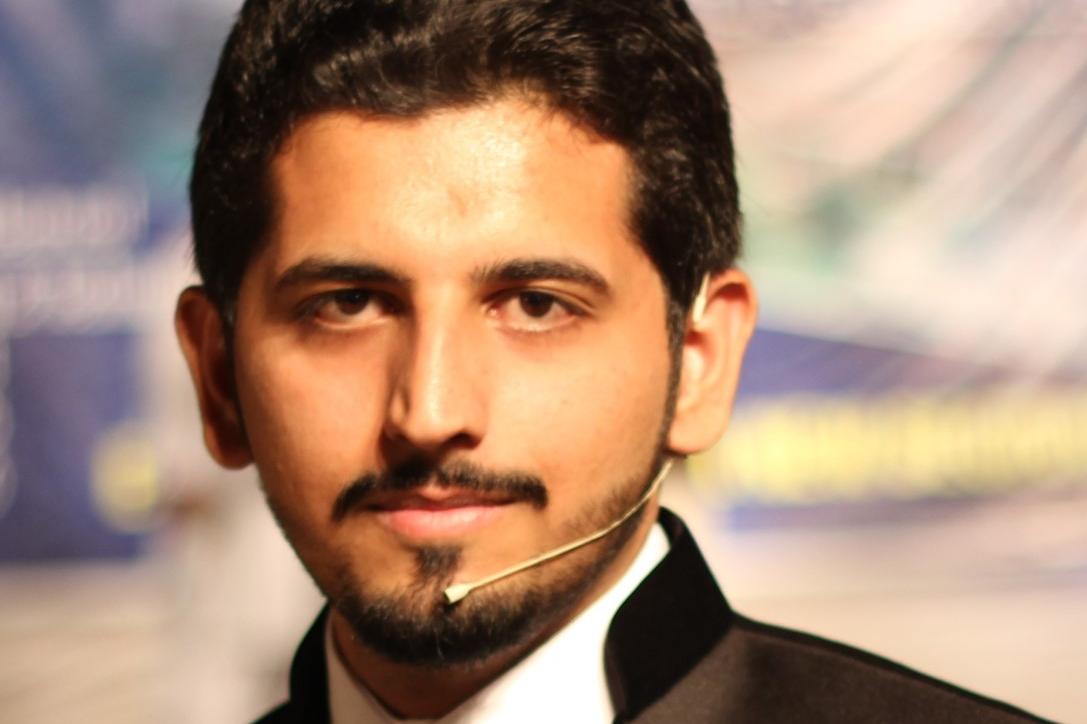
A Comparative Analysis of Path Planning Algorithms For UAVs in a Real World Setting
Abstract:
The objective of this thesis is to investigate performance of different path planning algorithms in real world environment through implementation on a quadrotor platform that is instrumented to enable autonomous operations. The applications and demand of autonomous Unmanned Aerial Vehicles (UAVs) are rapidly increasing in different fields such as rescue for disaster management, entertainment industry, and surveillance of large areas. Planning efficient trajectories in a 3D environment with obstacles for UAVs has been an active area of research and is still receiving significant research attention. In the literature, the path planning algorithms are divided into two major categories, namely global and local planning algorithms. The algorithms those require a complete map of the environment to plan a path are placed under the umbrella of global planners. On the other hand, the algorithms that plan robot trajectory based on real time sensor’s data are categorized as local planners. In this work, we have selected a set of state of the art path planning from both categories. In particular, we have selected two versions of A* algorithms that are used for global planning. Moreover, we have selected 3D Vector Field Histogram (3DVFH*) and Randomly-exploring Random Trees (RRT), that are local planning algorithms. We will compare the performance of the above mentioned algorithms using the following criteria:
1. Time taken to reach goal position.
2. Hardware resource requirements.
3. Number of failures in critical paths.
4. Risk involved in followed path.
For this purpose, we have already developed the simulation environment in Gazebo simulator which works within the framework of Robot Operating System (ROS). This combination of Gazebo and ROS is now considered as standard setup for robotics research in both academia and industry worldwide. We have already simulated and compared the time performance of two of the algorithms in our realistic simulation environment. Moreover, we have already equipped our quadrotor platform with with PX4 flight controller, Nvidia Jetson Nano as companion computer with ROS framework and ZED stereo camera for environment perception. Using this quadrotor platform, we have already conducted manual and autonomous flight to follow given way-points using GPS based navigation. In our proposed work, we will first compare these algorithms in the simulation environment. Then we will implement these algorithms on our quadrotor platform and compare their performance in outdoor environment.
Evaluation Committee
- Dr. Hassan Jaleel (Supervisor)
- Dr. Talha Manzoor (Evaluator)

